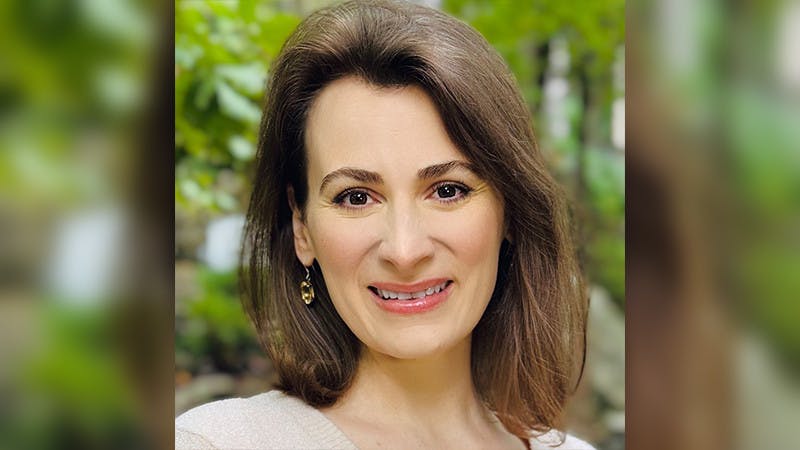College freshman Danielle Shapira knew that she was eventually going to serve in the Israel Defense Forces at some point in her life. She’d been taught all throughout her childhood that as an Israeli citizen, it was one of her duties to protect her country.
But nothing could prepare her for when she shot a rifle for the first time.
Tears — perhaps from shock, perhaps from fright — were running down her face as bangs resounded throughout the shooting artillery all around her. She would never forget it.
Before coming to Penn, Shapira joined the IDF after graduating high school to fulfill her two years of mandatory military service.
Along with other girls, Shapira underwent light physical training designed to help her adapt to military life. Her training included learning how to handle a gun, marching with gear and growing accustomed to sleeping outside on the ground.
“I only shot three times in basic training and two other times in my service,” she recalled. “I was scared seeing the bullets fly around me. It was a strong experience — I remember crying.”
Shapira spent the bulk of her time in the IDF in intelligence training.
“I wasn’t in a combat unit,” she said. “I was in the office, so I was able to go home every day.”
While Shapira was unable to reveal what exactly she did during her intelligence service stint since the IDF has labeled it as classified information, she said she learned “how to deal with real-time issues and worked on being in the watchroom 24/7.”
According to political science professor Ian Lustick, Israel — due to its small population size — must rely on rapid mobilization of large numbers of soldiers like Shapira and IDF reserves in the case of war. Lustick added that Israel is one of the few countries in the world to require broad segments of the population — including women — to receive military training.
“Israel is surrounded by enemies and is always in danger, so everyone has to serve,” Shapira said. “Even then, we don’t have enough people.”
Although she knew she would be entering the IDF upon graduation, Shapira acknowledged that she did not know what she was getting herself into at the time.
“I wasn’t prepared for the responsibility I was going to have,” she said. “I had so much responsibility in my hands knowing so much classified information.”
Though Shapira has finished her service, she knows that if she is ever in the country when war breaks out, she will be required to serve in an intelligence post from 8 p.m. to 8 a.m. everyday until the war ceases.
Today, however, Shapira is fully enrolled as a pre-med student at Penn. Despite the two-year age gap between her and her classmates, she feels that she isn’t behind at all.
In general, she said, many Israelis take additional gap years after the army and, because of this, the average age of Israeli college students tends to be around 25.
Shapira finds that her military experience has made her feel somewhat different from her peers and has complicated the process of integrating herself back into civilian life at Penn.
“I just became older in two years,” she said. “You’re 18 and you move from one life to another where you can’t do everything you want and it changes you.”
College sophomore Noah Feit — who serves as president of Penn Friends of Israel — added that this change is expected.
“People in Israel generally grow up a lot quicker,” he said. “It forces students to become more responsible when realizing what kind of sacrifice they’ll have to make after finishing high school.”
While Feit believes that Israeli students who have completed their service are no different from other students, he does think they may find the reintegration process a bit difficult.
“They’re already significantly older,” he said. “And then you add on different levels of experience they had, which sets them apart in maturity.”
Looking back at her time in the IDF, Shapira concluded that her service was well spent, despite some initial misgivings she had.
“I complained a lot about it, but now I appreciate it,” she said. “I made great friendships that I’m going to have for the rest of my life. It’s taught me to be responsible and how to work with different people, to care about my friends and help them when they need me.”
The Daily Pennsylvanian is an independent, student-run newspaper. Please consider making a donation to support the coverage that shapes the University. Your generosity ensures a future of strong journalism at Penn.
DonatePlease note All comments are eligible for publication in The Daily Pennsylvanian.






